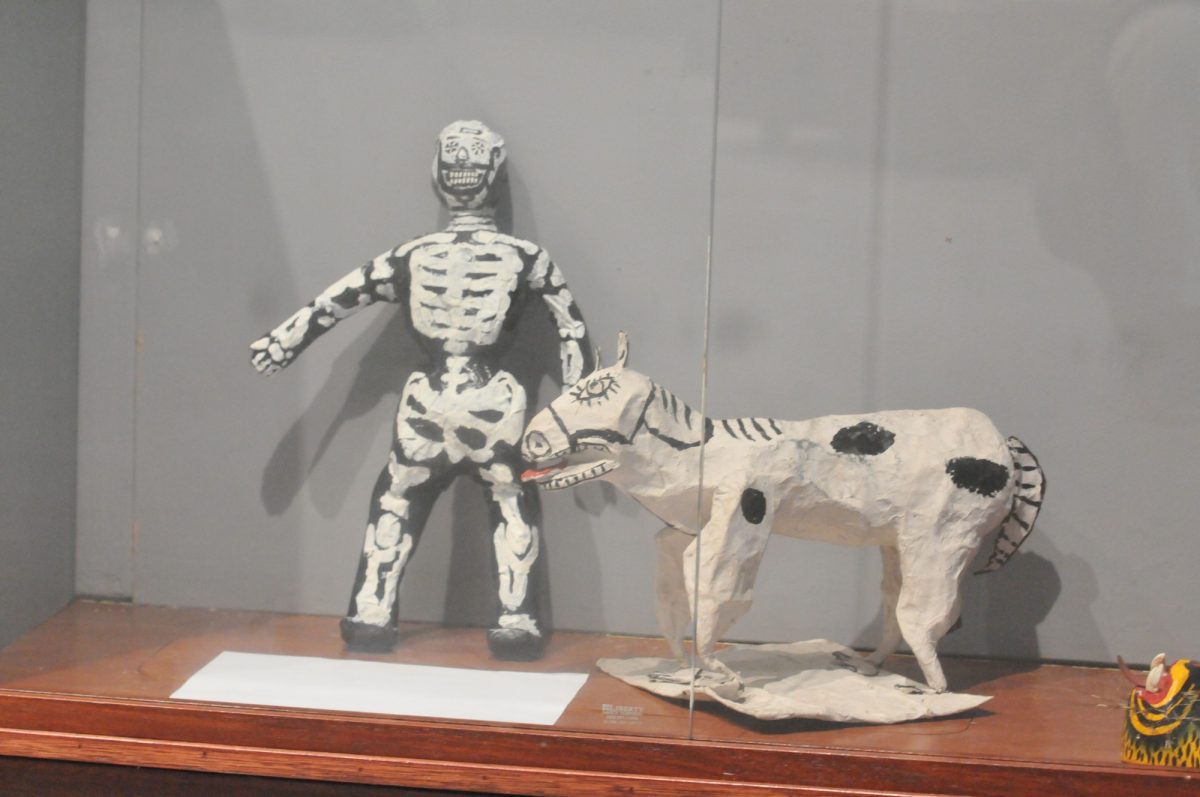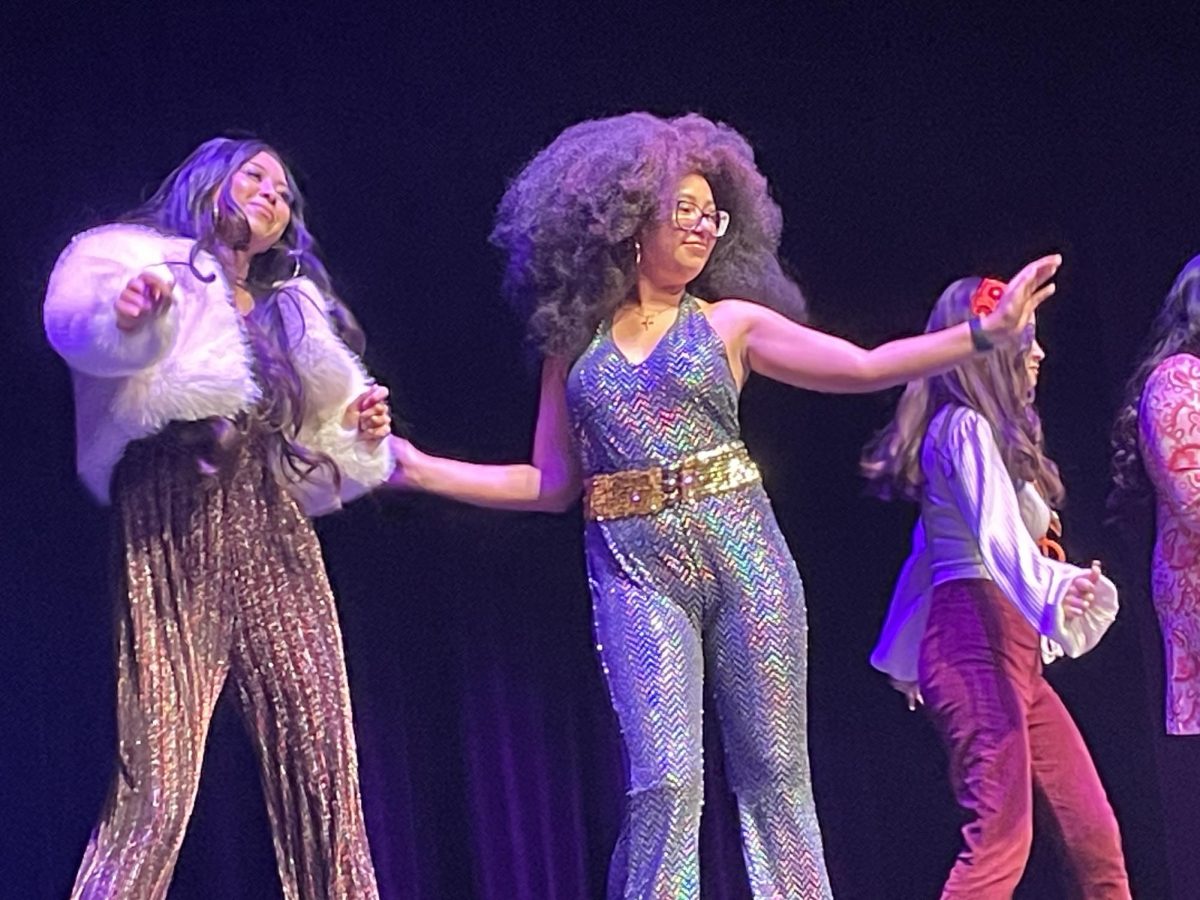With Hillary Clinton’s historic bid for president of the United States, it still brings in to the forefront the quesion if women have made gains in society.
Today,we see women running for higher office, becoming major generals in the U.S. Army, and as the speaker of the House; women are more eager than ever to stand out and make a difference.
This month, women’s history month.
Still, more is yet to be seen and expected to be achieved during this present time and near future.
“Hillary Clinton was just the begining of change. She may have lost the campaign but she definelty won as the woman of inspiration to many others eager to rise,” Andrea Reyes, 22, undecided major, said.
There is then the argument to whether women are in fact becoming equal to their male counterparts.
“No. In the context of work, men and women are perhaps equal but as far as wages go no. I used to be a part of the housekeeping department at my old job two years ago and I learned I was making more than the female employees who worked at the same department for ten more years (than me.) Why? I do not know, but what I do know is that it was not fair,” Carlos Osorto, nursing major said.
The roles of women have changed positively over the years but it seems as though many students agree that men are still seen as the gender with the most rights.
“Society is still trying to accept that women are capable of doing the same type of jobs as men; and as sexist as this may sound, men will win over women. Changes are still yet to be seen,” Israel Sanchez, undecided major said.
People may speculate as to whether or not a woman fares better than a man in the workforce.
“There still isn’t much respect for women. For example, the Democratic Party during the election was not ‘ready’ for a woman to lead the country. It seems as though American democrats were willing to accept ethnicity over gender,” Osorto said.
The plight of women for the future may not involve opportunities such as participation in politics but it may involve other effects.
“Troubles such as societal acceptance may still be an issue and even acceptance within a women’s culture may be another matter to be concerned over,” Reyes, undecided major said.
Today, whether in North America, South America, or elsewhere the women amongst their cultures are continue to suffer from discrimination and sexism.
“Indian women, specifically the Yanomamo, are treated as materialistic objects and are promised by their own fathers or brothers to a man in return for goods,” Sandra Ramirez, anthropology major, said.
This month’s dedication to the history of women is not only a celebration for achievements, but an anticipation for what is in store in the near future.







